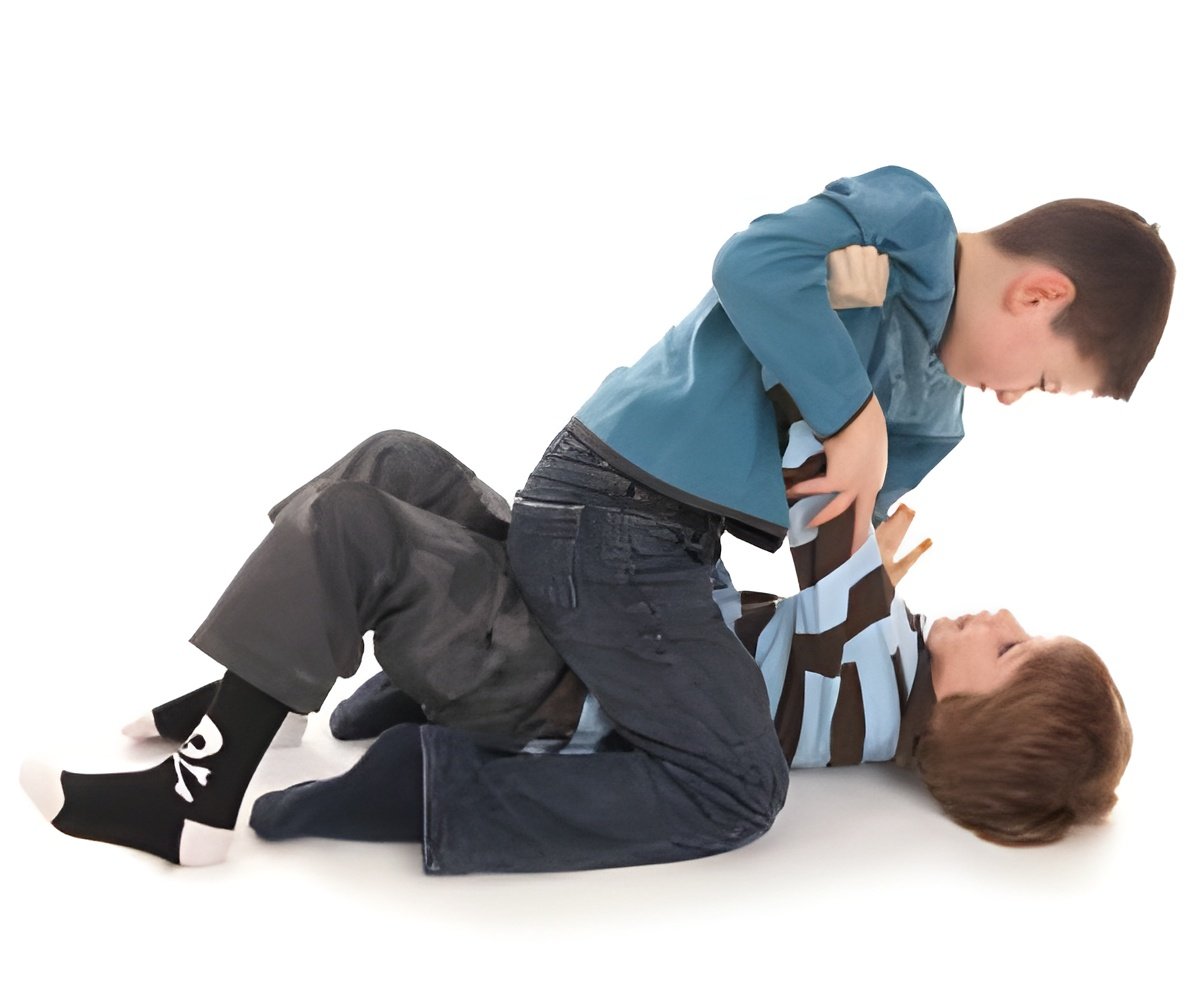Corporal punishment of children is potentially damaging to their long-term development, warn researchers.

"Virtually without exception, these studies found that physical punishment was associated with higher levels of aggression against parents, siblings, peers and spouses," wrote Dr. Joan Durrant, Department of Family Social Sciences, University of Manitoba, and Ron Ensom, Children's Hospital of Eastern Ontario.
In a trial of an intervention designed to reduce difficult behaviour in children, when parents in more than 500 families were trained to reduce their use of physical punishment, the difficult behaviours in the children also declined.
"Results consistently suggest that physical punishment has a direct causal effect on externalizing behaviour, whether through a reflexive response to pain, modeling or coercive family processes," the researchers wrote.
Physical punishment is also associated with a variety of mental health problems, such as depression, anxiety and use of drugs and alcohol.
Physical punishment may change areas in the brain linked to performance on IQ tests and increase vulnerability to drug or alcohol dependence, as recent neuroimaging studies suggest.
Physicians can play an important role in advising parents on constructive approaches to discipline, based on evidence, to enhance children's healthy development.
They can educate parents on typical childhood behaviours, suggest positive disciplinary approaches, and refer patients to public health and parenting programs and other resources.
The finding appeared in an article in CMAJ (Canadian Medical Association Journal.
Source-ANI
 MEDINDIA
MEDINDIA



 Email
Email




